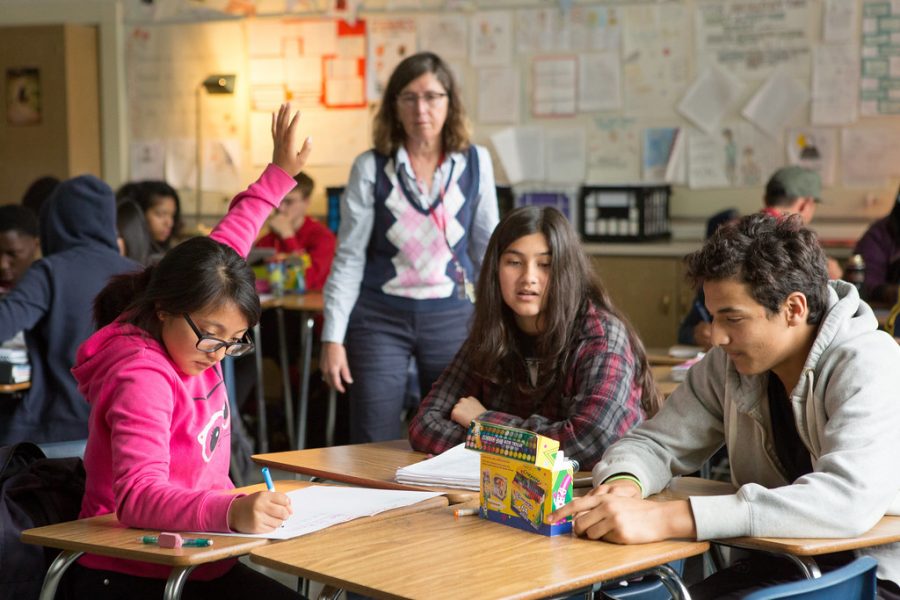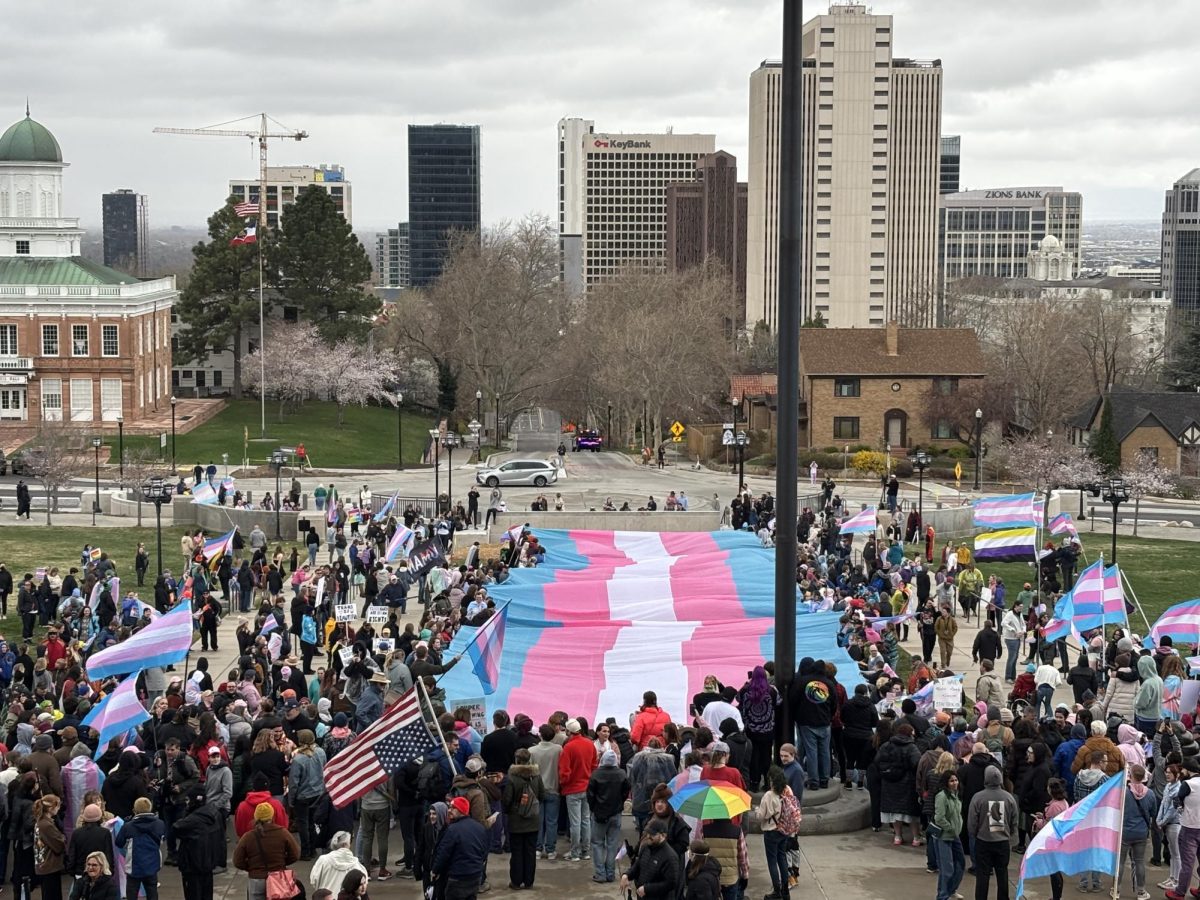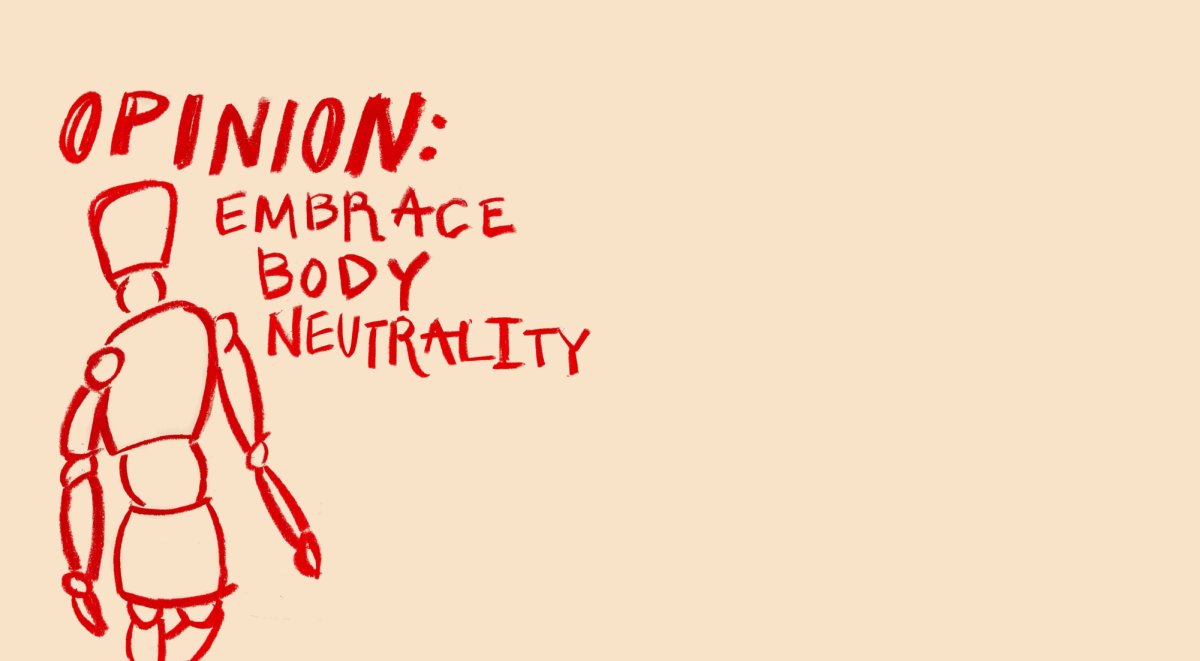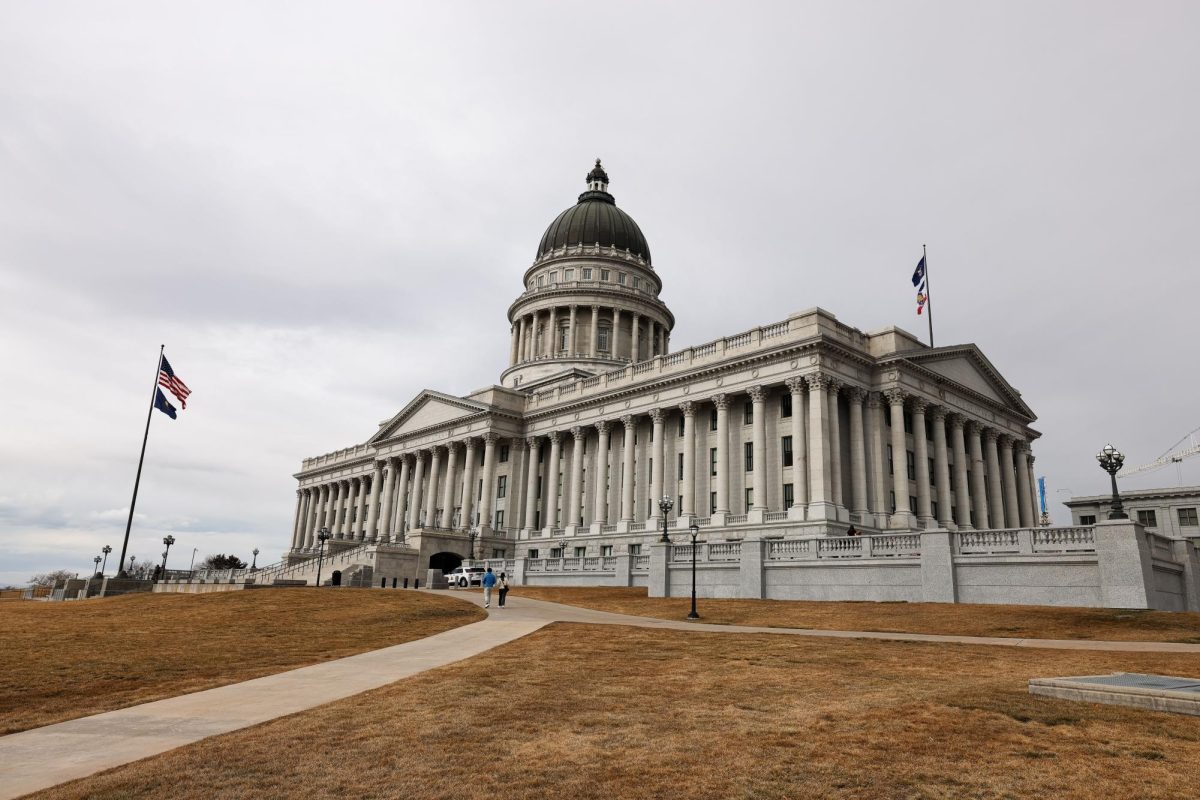Christopherson & Kincart: Teach Utah Students Consent
Allison Shelley/The Verbatim Age
(Courtesy Flickr)
February 16, 2021
Utah’s Democratic women lawmakers are on a mission to curb our state’s high rates of sexual violence and get justice for survivors. Reps. Angela Romero, Carol Spackman Moss, Jennifer Dailey-Provost and Sen. Luz Escamilla are sponsoring bills that would clarify Utah’s legal definition of consent, provide contraception to inmates and protect victims from retraumatization by banning self-use rape kits — which are not admissible in court. Among those bills is H.B. 177, sponsored by Moss, which would require the Utah State Board of Education to develop sex education curriculum on consent.
Although the bill, “Health Education Amendments,” was defeated in committee, Moss hasn’t abandoned this crucial piece of legislation. She’s working to change the language of the bill to sit more favorably with its opponents without sacrificing its benefits to Utah students. H.B. 177 is absolutely necessary in a state that consistently devalues women and fails to hold perpetrators of sexual assault accountable. In conjunction with Romero’s H.B. 78, which would strengthen the state definition of affirmative consent, this bill could have a transformative impact on our culture and help protect generations of Utahns from sexual violence.
Utah natives know that our state’s sex education laws are problematic to say the least. Health teachers are required to instruct students about “the harmful effects of pornography” and “prevention of communicable diseases,” but prohibited from “[advocating] or [enouraging]… the use of contraceptive methods or devices” — and have no standards for instruction on what constitutes consent or how to deal with sexual assault when it happens.
That’s a problem. Despite — or perhaps because of — our general sexual conservatism and purity culture, Utah has disturbingly high rates of sexual assault that cost taxpayers and, more importantly, traumatize victims.
There are a host of ways lawmakers could address — and are addressing — this devastating problem. Tightening the legal definition of affirmative consent, for one thing, would help victims succeed in court against their abusers. That’s critical not only for holding perpetrators accountable but for offering victims necessary validation and peace of mind. If we teach Utah teenagers what it means to consent to sexual activity, what that looks like and why it matters, we could prevent many of those assaults from happening in the first place.
That’s where H.B. 177 comes in. Though it wouldn’t totally reverse Utah’s pro-abstinence approach, Moss’s bill would expand sex education in our state to include clear explanations of coercion and consent. This includes “what does not constitute consent” as well as information about the legal penalties for committing sexual assault, how sexual violence affects victims, where to find counseling and other resources in the event of an assault and how to report it.
These additions would be a massive step forward in terms of acknowledging the reality of sexual activity among Utah teenagers and teaching them how and why to ensure they have clear, affirmative consent before engaging in it. And, importantly, consent instruction is necessary even for students who are committed to abstaining from sex until marriage, since consent is still legally required and emotionally necessary within marital relationships.
H.B. 177 was struck down in committee because of the Chair’s opposition to the wording. Rep. Lowry Snow argued that the bill’s use of the word “consent” might be inaccurate or easily misconstrued in the context of sexual activity among minors. Moss, on the other hand, is most concerned about ensuring students have an understanding of their right to bodily autonomy in every sense. Moss plans to work with lawyers to change this wording and pass the bill because she believes strongly in the need for consent education among Utah’s secondary students — and we agree.
Moss’s Health Education Amendments would help students understand their rights when it comes to their own bodies. According to Moss, consent education can help students say no unwelcome touching, sending sexual photographs or even attending parties. Even more importantly, it teaches young people how to respond when the person they’re with doesn’t want to engage in a specific activity. For Moss, it all comes down to the students. She said, “My sole purpose in running this bill is to protect young people and give them the tools and the language to protect themselves.”
In discussing sex education regulations, it’s essential to acknowledge that Utah parents can’t all be counted on to offer students the information they need at home, simply by virtue of our conservative culture and individual families’ diverse structures. Given that, the responsibility to offer teenagers comprehensive sex ed — including instruction on consent — falls to lawmakers and the state school board.
Defining consent more clearly, as Romero’s H.B. 78 proposes, will be helpful in getting justice for individual survivors of sexual assault — but it won’t change our culture unless we teach it in schools. If the legislature is truly invested in preventing sexual assault as well as responding to it, they will pass a future version of the Health Education Amendments.
s.kincart@dailyutahchronicle.com













